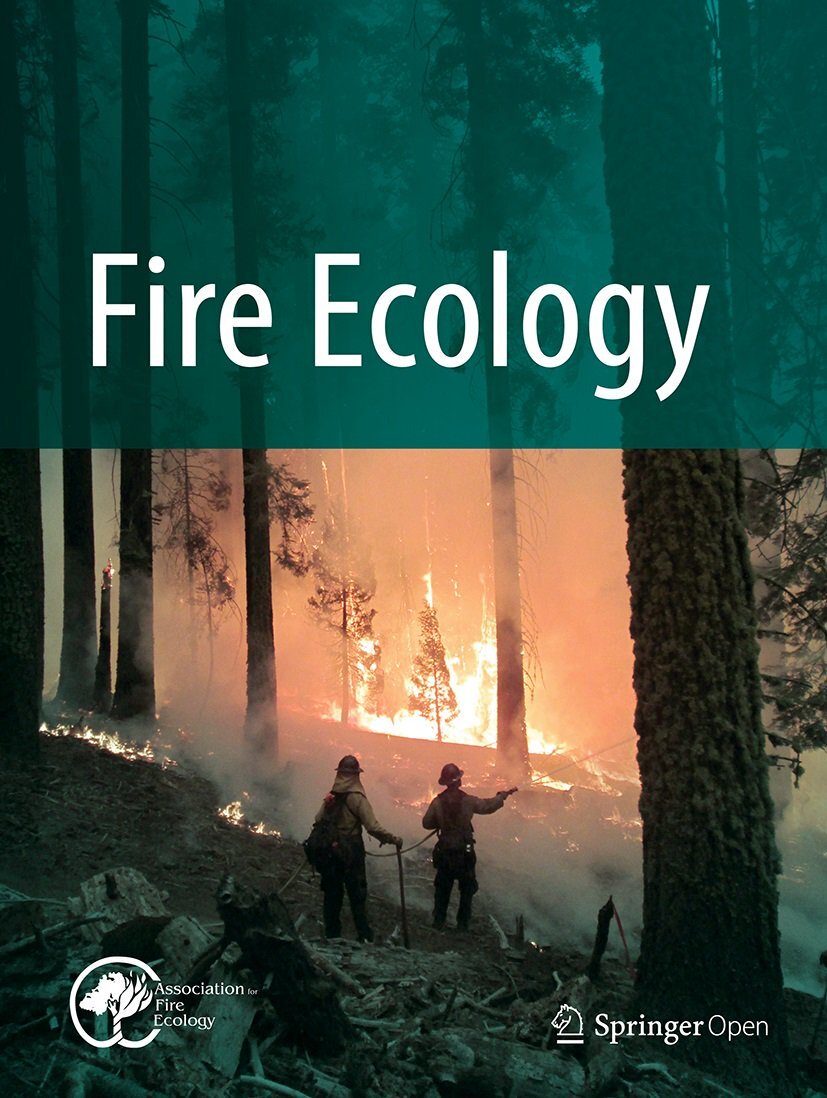Type: Full-time, Hybrid
Location: Central Washington, USA
Deadline: 11/15/2024 (open until filled)
Large wildfires threaten our communities, the quality of our air, and the very existence of our forests. Nearly every year our state is setting new records with bigger, more destructive and more deadly fires. TNC is the world’s leading environmental non-profit organization that conducts controlled burns and works on other fire-related issues, such as training people from all walks of life to safely use fire, and helping communities better prepare for wildfires.
The Prescribed Fire Manager will be the lead staff member within the Washington Chapter’s programmatic effort focused on accelerating ecological fire to build wildfire resilience in frontline communities of Central and Eastern Washington. This position supports and guides Chapter programs to ensure the scientifically defensible execution of forest restoration and management throughout WA, with the goal of increasing resilience of forest ecosystems and frontline communities in the face of climate change. The Prescribed Fire Manager works to increase political social license, funding and staff capacity for on the ground implementation of beneficial fire to improve community resilience and engage frontline communities in creating local and equitable solutions to wildfire issues.
This position provides oversight and technical support, ensuring adherence to the highest for safety and mitigation of risk, while achieving ecological outcomes. This position has oversight of fire qualifications and fire implementation but does not have direct supervisory responsibilities. The Prescribed Fire Manager ensures that the best available science guides our forest restoration work and conservation strategies, with an emphasis on building resilience in natural communities, thus allowing them to maintain biodiversity and ecosystem function in a changing climate. They connect chapter work to TNC’s North America Living with Fire strategy. The position will build on a history of local collaboration as well as the support of national networks such as the Fire Learning Network.

